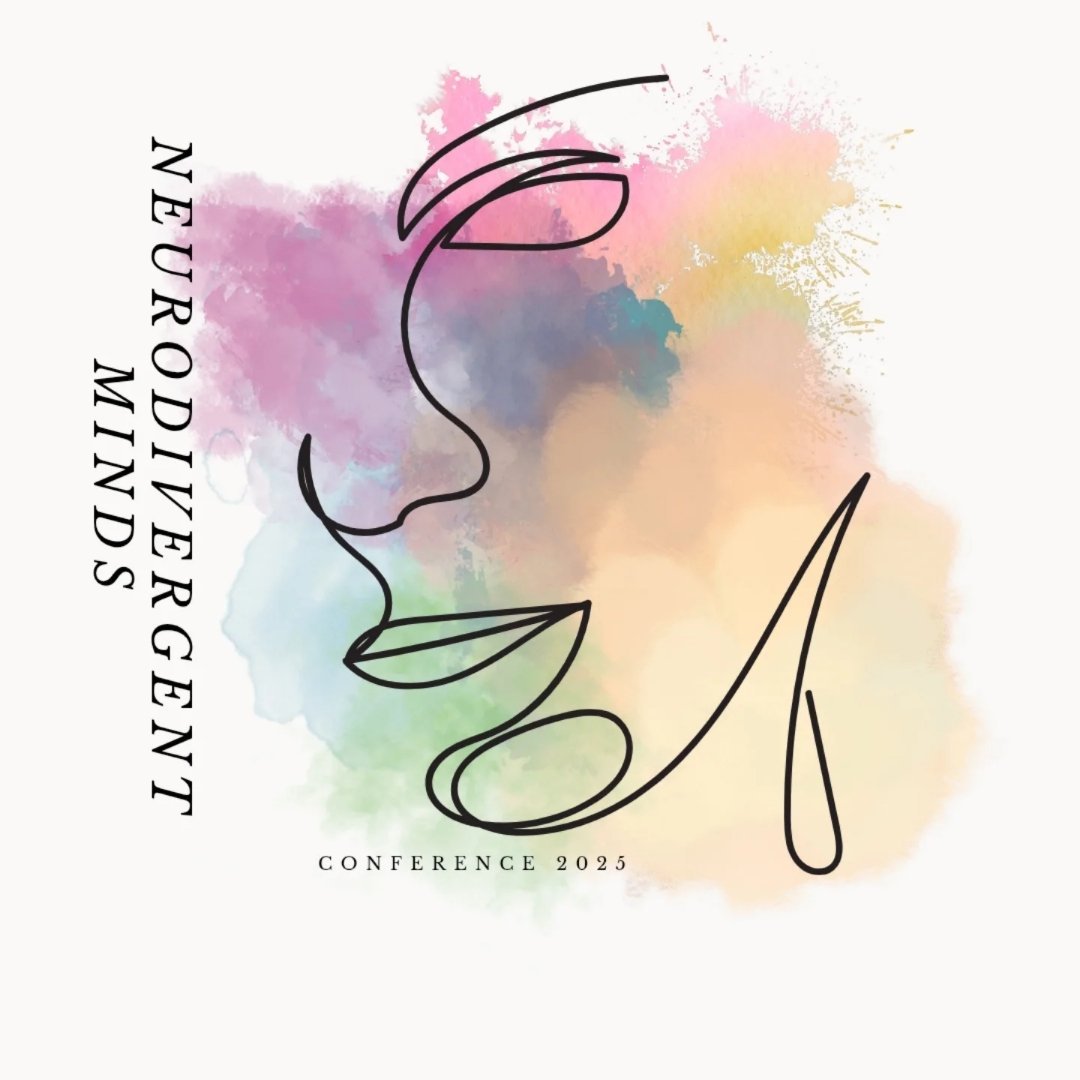We see autism as a form of neurodiversity — a natural variation in how people think, process, and experience the world. We do not see autism as a “deficit” to be fixed, but rather as a unique way of being that deserves recognition, respect, and support. Our team acknowledges that each autistic person is different, and our role is to work collaboratively with clients and families to identify strengths, understand challenges, and build strategies that make everyday life more manageable and fulfilling.
We embed neurodiversity-affirming practices into every step of our service:
Individualised support – sessions are tailored to each person’s strengths, communication style, and goals rather than applying a one-size-fits-all model.
~ Respectful language – we use strengths-based, respectful, and person-preferred terminology in all of our interactions and reports.
~ Flexible delivery – clients can access therapy at our clinic with adjustments made for pacing, environment, or structure as needed.
~ Multidisciplinary collaboration – our psychologists, dietitians, and creative therapists (e.g., art therapy) can work together to provide holistic care that supports the whole person, not just isolated “symptoms.”
~ Family and community involvement – where appropriate, we involve families, schools, and support networks to ensure consistency and shared understanding across environments.
We prioritise creating spaces where autistic clients feel safe to be themselves:
~ Authenticity – clients are encouraged to communicate and express themselves in whichever way feels natural to them, whether that is through words, visuals, art, movement, or silence. Masking is never expected.
~ Sensory accommodations – we provide a calm clinic environment with flexible entry options (including a quieter back entrance) and aim to reduce overwhelming sensory input. Clients can use sensory tools, choose their seating, or take breaks as needed.
~ Empowerment – therapy sessions focus on supporting self-advocacy, identity exploration, and building confidence, so clients can feel secure in who they are.
~ Respect for preferences – session length, pace, and format can be adjusted based on energy levels, attention span, and sensory comfort.












